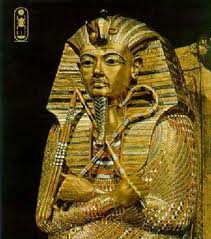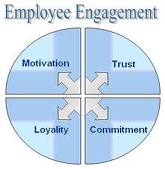We’re comfortably seated. Friends and neighbors close by.
Familiar sights of sun splashed windows: ushers extend a hand
to the regulars.
Musty smell of well worn cushions, the air conditioner is
blaring full force
Microphones are tested; lights blazing from the domed ceiling.
Ministers, priests, politicians and
sundry public relations types puff out their chests
to ascend the stage: get our attention: seek our allegiance/trust.
Many appear to deliver clever, useful, even value added
pronouncements for the public good.
Especially our own personal self good.
Well spoken, articulate, logical, they are smooth,
glib, folksy, with value systems apparently akin to our own.
Apparently
Our inner self says “I can relate”.Makes sense. One of the good guys.
Oh, there may be a bit of verbal slippage. A curse word or two
from the rostrum-pulpit. A smooth double entendre.
Nothing out of bounds.. well, perhaps still in bounds.
We can relate.
The audience laughs, after all, the speaker is one of us.
References to tragic, life altering personal situations sneak
into the dialogue. Intended to relate to us common folk.
It’s ok.
We are still awed by the glibness. We’re proud to be in the
audience. One of those chosen.
Just part of an ongoing drama.
The speaker is trying to relate – to be one of us-really? Is that his preferred
tactic and strategy.
After many weeks, there is a sense of community. We have bought in. We agree
with the leader’s philosophy. He/she is taking us to the promised land—be it
political, religious, product driven.
Eventually a dim red line apparently is crossed. Enamored, we barely notice.
Be it a sexual reference. A religious reference
which doesn’t fit our paradigm. Perhaps a request for a
donation. A personal favor –a little too personal like acting as
a chauffeur for a drive to Chicago. Maybe a hug – too tight, too long. A sloppy,
wet kiss.
A wink at our teenage son. He clasps our wife’s hand. a little too tightly,
too friendly.. she winces, he smiles.
Vacations and more vacations with youth groups. Camping trips
are scheduled –and their purpose?
We want to deny, dismiss. “ Surely I am misreading”.
He/she has always been such a good person.
When? Where? Do we protest? Do we protect the values of
our families, our church, our country.
Listen closely. Every speech. Every conversation.
Words matter. People are transparent. Despite their cleverness.
Apologies are insufficient.
Uncomfortable with what you
hear? Consider this: your mind is the single most accurate receptor of
information.
Do you walk away? Are there actions to be taken?
Deciding between acts of commission and omission? What
road will you take?
.





